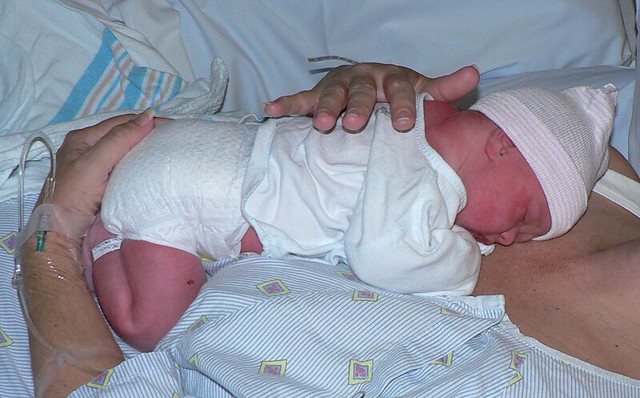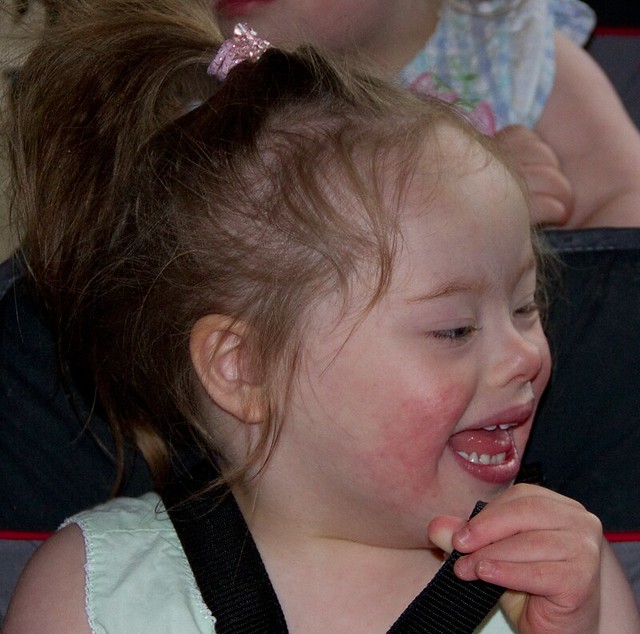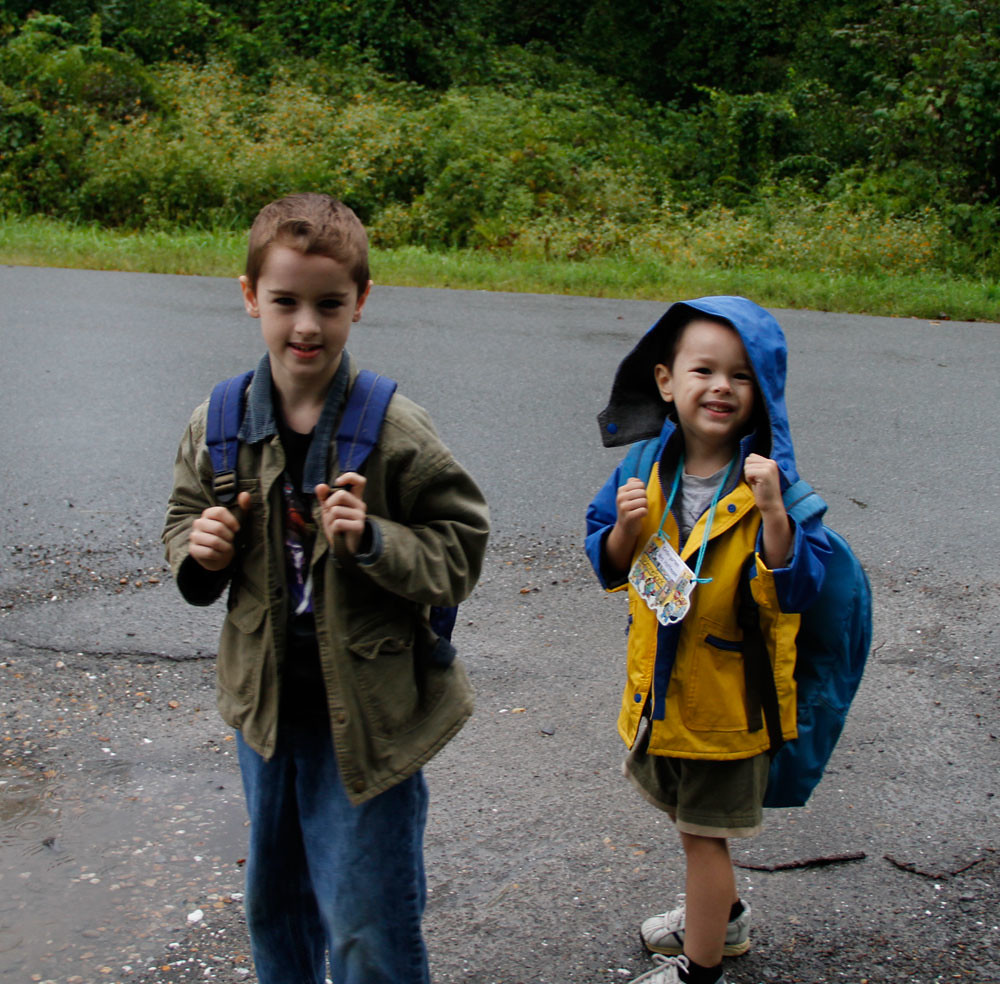My two sons are also attending adventure camp and so they can watch out for Masha on the bus. (Although I am not sure how well this is working out since they both announced on their way down the bus steps today that, “Masha really needs a spanking. She was so naughty on the bus.” The bus driver sheepishly confirmed that yes, Masha was standing up on the seat. Ugh.)
Because it was insinuated that Masha is not “high-functioning” enough for this camp, I was very curious about the other kids in the special needs section. What needs do they have and what makes them special? I decided to tactfully get this information from my older son. Below is our conversation.
I started, “Soooo, Gecko, when you see Masha get off and on the bus for her camp, do you see the other kids too?”
“Yeah, they are there too.”
“Are there a lot of kids with her?” I continue.
“I don’t see her whole group. There are like ten kids with her though, not counting Masha.”
“hmm.” I spring the big question. “What are they like?”
Without hesitation he answers, “They are regular kids, just like her.”
Conversation over.
And that my friends is the beauty of true integration. My son does not see a disability. He does not see atypical facial features. He doesn’t see stereotypes. He simply sees Masha, and a bunch of other regular kids.

Next Fall Masha will begin Kindergarten in a regular classroom with ordinary peers from our neighborhood. We pushed the district hard to make this happen for her (even though it is her legal right). We stood her ground because the more time Masha spends with typical peers the more they will see her, not her extra chromosome. And when the focus on the disability disappears, the doors of life will be wide open for Masha and all the other regular kids.









